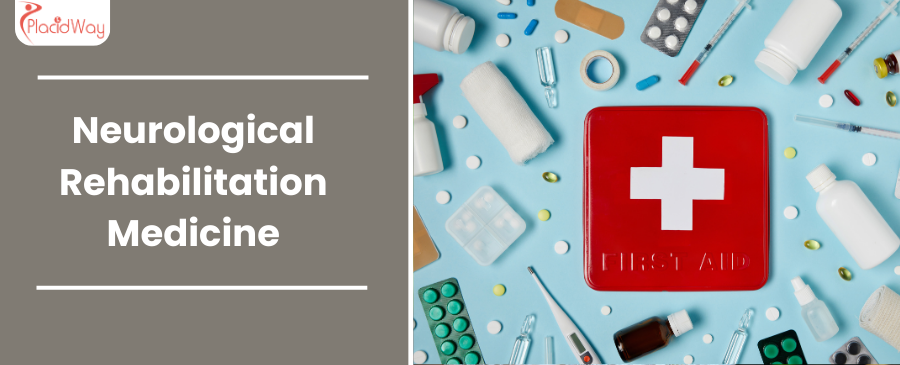
Table of Content
Neurological rehabilitation medicine is a specialized medical field focused on the recovery of individuals from nervous system injuries or diseases. It aims to enhance and restore functional ability and quality of life to those with physical impairments or disabilities affecting the brain, spinal cord, nerves, or muscles. This treatment involves a multidisciplinary team approach, including neurologists, physiotherapists, occupational therapists, speech therapists, and psychologists, to provide comprehensive care tailored to the patient's specific needs.
| Type of Rehabilitation | Description | Technological Integration |
|---|---|---|
| Robot-assisted Therapy | Uses robotic devices to assist in performing tasks and exercises. | High |
| Virtual Reality Therapy | Immersive VR environments to simulate real-life scenarios for practice. | Medium |
| Cognitive Rehabilitation Therapy | Focuses on improving cognitive functions such as memory, attention, and problem-solving skills. | Low |
Neurological rehabilitation typically follows a structured process that begins with a comprehensive assessment of the patient's physical and cognitive abilities. Based on the assessment, a personalized rehabilitation plan is developed, which may include:
| Country | Average Cost |
|---|---|
| Mexico | $5,000 |
| Turkey | $7,000 |
| Thailand | $6,500 |
| Colombia | $4,500 |
| India | $3,000 |
| Austria | $8,000 |
| USA | $15,000 |
| UK | $12,000 |
For more detailed pricing information, Find Prices for Neurological Rehabilitation Near You.
The cost of neurological rehabilitation without insurance can vary significantly depending on the country and the specific services provided, typically ranging from $3,000 to $15,000.
A typical neurological rehabilitation program can last from a few weeks to several months, depending on the severity of the condition and the patient's progress.
While neurological rehabilitation cannot cure paralysis, it can significantly improve a patient's functionality and quality of life by maximizing their physical and cognitive abilities.
Yes, it is generally safe for elderly patients, with treatments tailored to their specific health needs and mobility limitations.
Rehabilitation should begin as soon as possible after an injury or stroke, as early intervention is crucial for effective recovery.
Explore high-quality, affordable options for neurological rehabilitation abroad. Ensure you choose accredited facilities with experienced medical professionals to achieve the best recovery outcomes. Start your journey to recovery today and regain your independence with expert care at internationally recognized medical centers.
Rehabilitation and Medical Spa Treatment